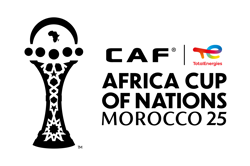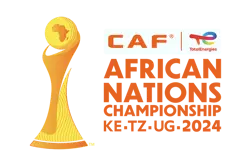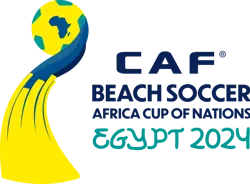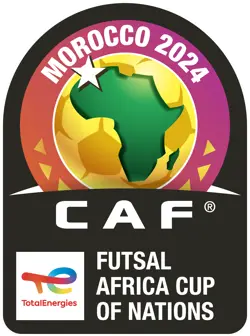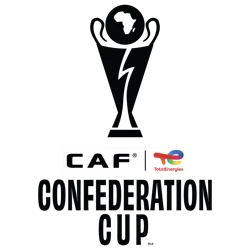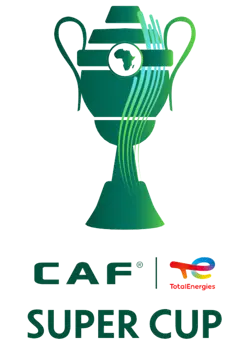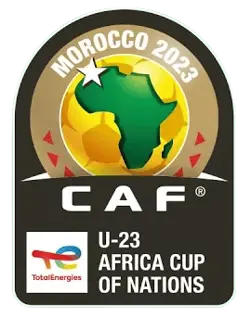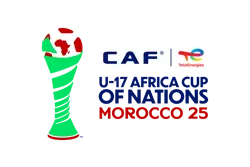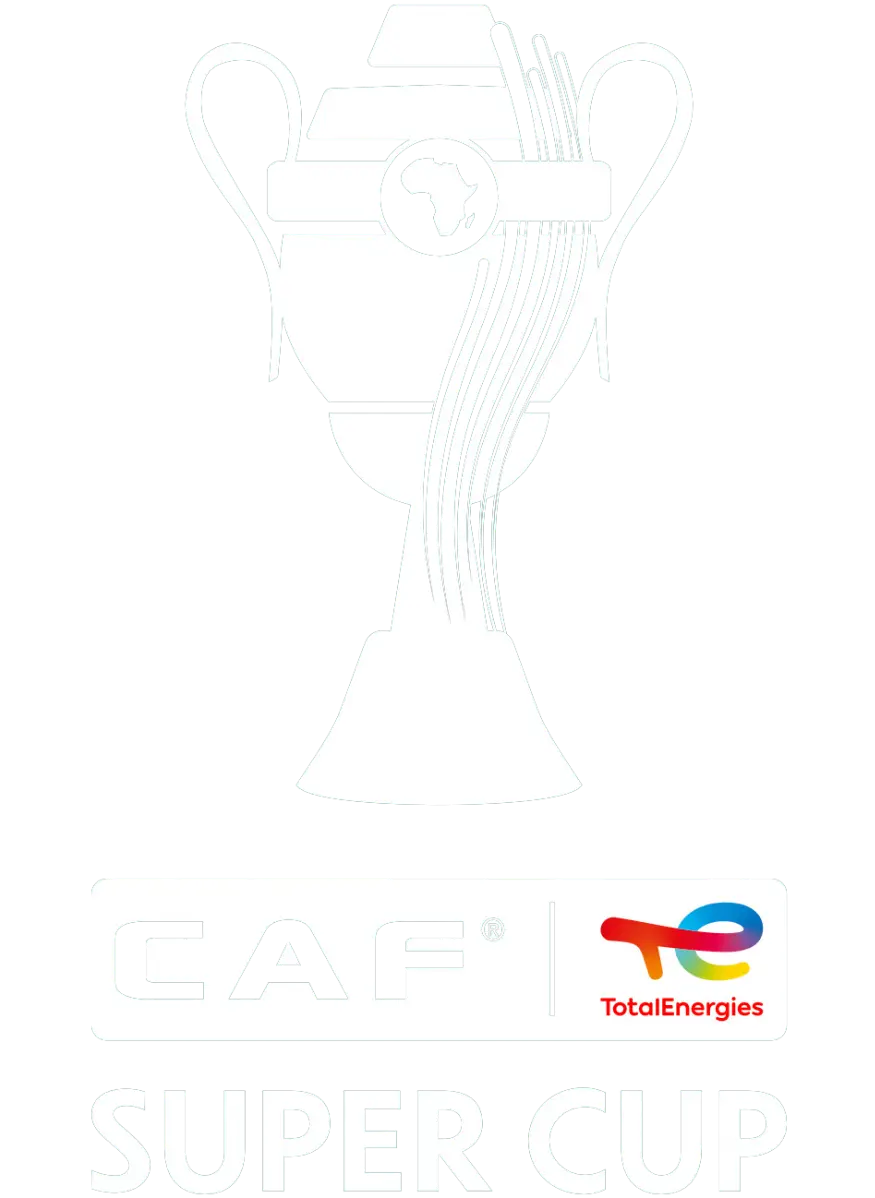RS Berkane: Morocco’s serial cup specialists target another continental crown
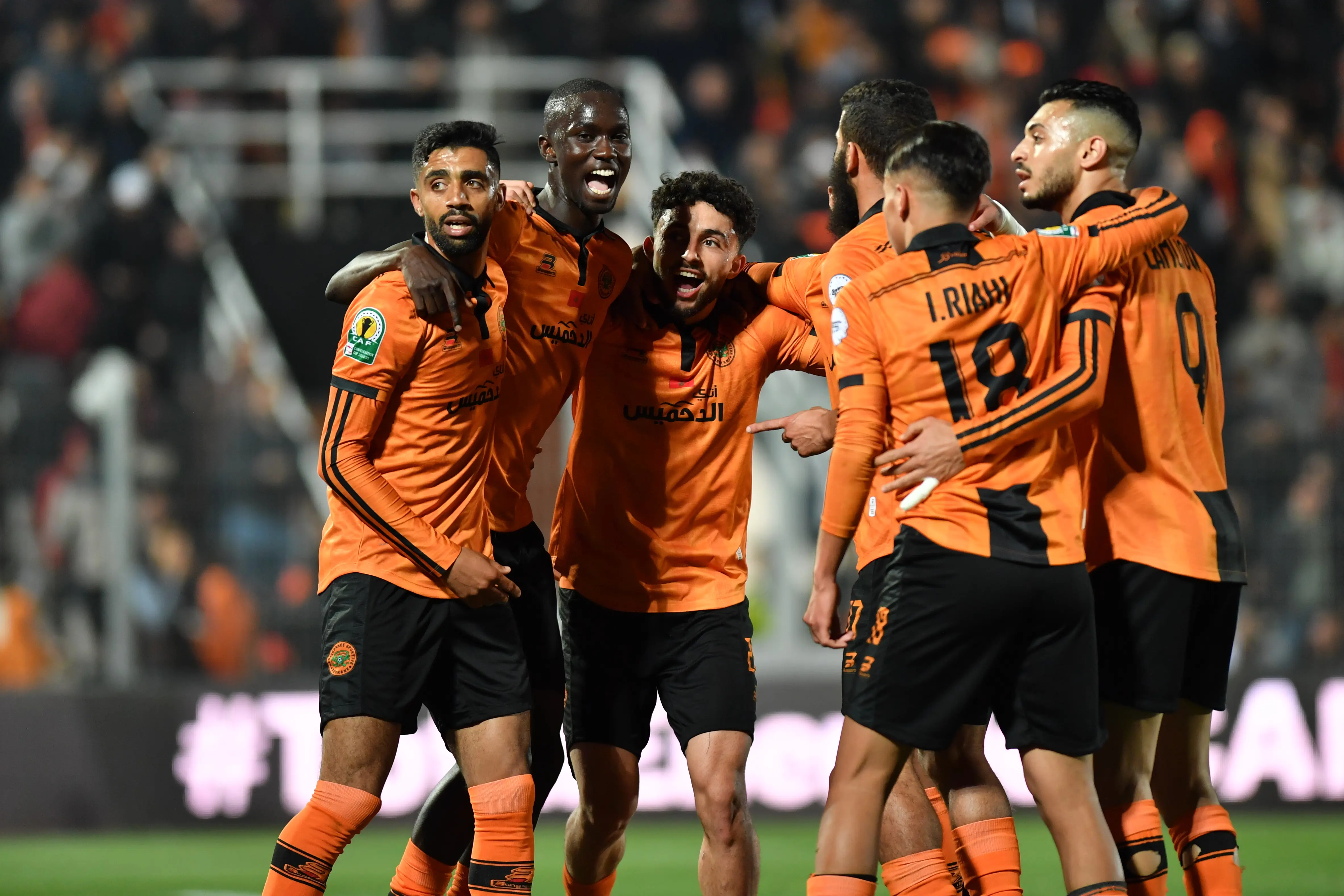
RS Berkane arrive in Cairo with a familiar feeling: a continental trophy on the line and momentum on their side. The Moroccan club, reigning TotalEnergies CAF Confederation Cup champions, face Egypt’s Pyramids FC in Saturday’s TotalEnergies CAF Super Cup at the 30 June Stadium (20:00 local time).
It is a one-off meeting of Africa’s two title-holders, with $500,000 to the winners and $250,000 to the runners-up—and Berkane are chasing a second Super Cup after lifting the trophy in 2022.
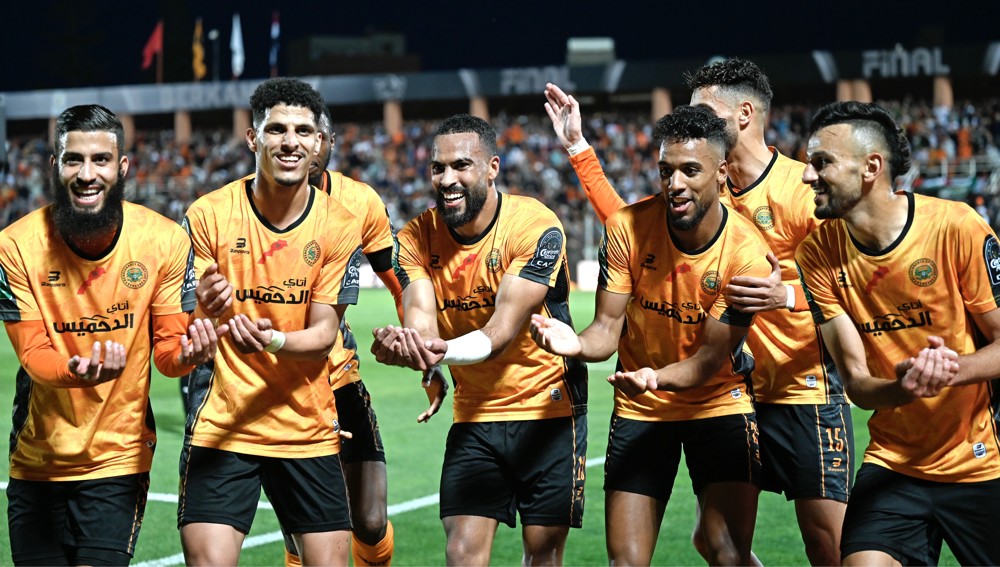
A modern success story from Morocco’s north-east
Based in the citrus-growing city of Berkane, Renaissance Sportive de Berkane have evolved from a well-run provincial club into one of Africa’s most reliable knockout performers.
The turning point came over the last decade: improved infrastructure, smarter recruitment and a clear identity. Continental finals followed—first heartbreak, then habit.
Berkane won the CAF Confederation Cup in 2020, returned to take it again in 2022, and reclaimed the title last season to reassert their reputation as cup specialists.
That pedigree has travelled well. Berkane teams have been notoriously difficult to break down on their travels, then ruthless at home in front of the vibrant crowd at the Stade Municipal. The model: structure first, then speed and precision in transition, backed by set-play threat.
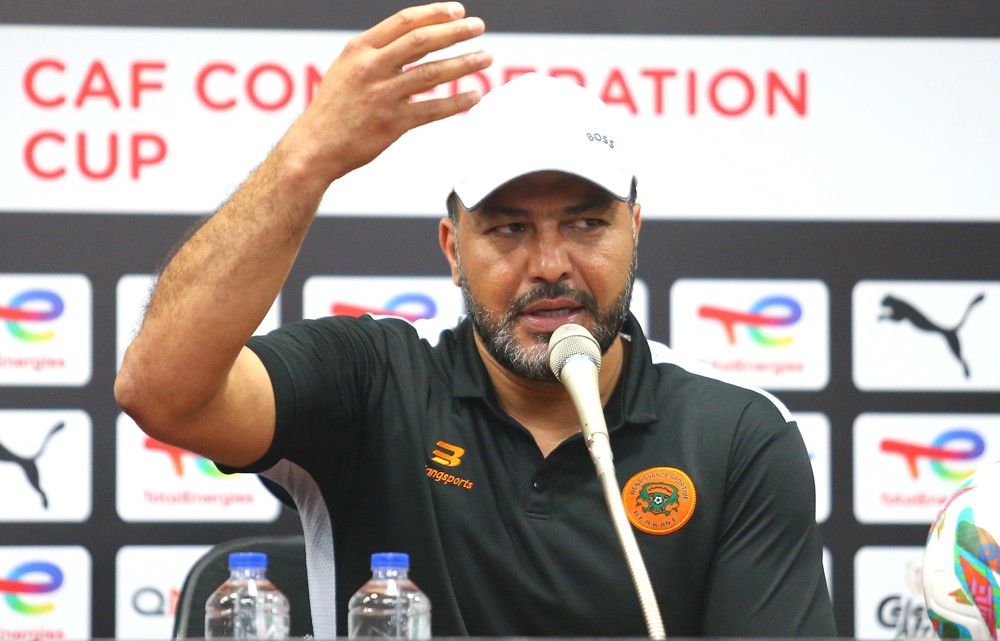
The coach: Moin Chaabani and a hard-edged blueprint
At the helm is Moin Chaabani, the former Morocco international whose touchline manner mirrors his playing days—sharp, tactical and demanding. Chaabani, who also guided Berkane to their most recent continental triumph, has restored the hallmarks that make the Orange Boys so awkward to face: a compact mid-block, full-backs who time their overlaps, and a forward line drilled to attack spaces rather than simply possession.
Chaabani’s staff pay special attention to marginal gains—set-piece choreography, video detail on opposition triggers, and careful rotation to keep energy levels high during the dual domestic-continental grind.
It’s a style built for knockout football and it showed throughout last season’s Confederation Cup run, when Berkane conceded little, struck at decisive moments and managed games with maturity.
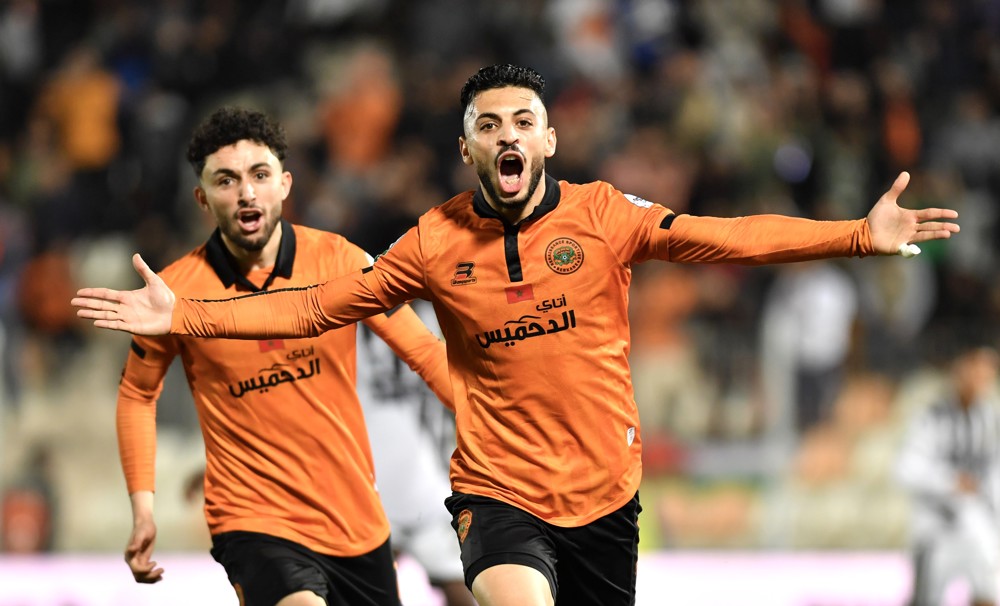
The spine: Lamlioui’s leadership, balance in midfield
Striker Ousamma Lamlioui remains central to Berkane’s personality. The Morocco star leads the team's attacking line with aerial dominance and calm positioning, and is a constant danger from dead balls.
Beside him, the attack has typically featured an experienced partner Paul Bassene—shuffling between trusted options during a long season—while long-serving right-winger Youssef Mehri provides thrust and accuracy from wide areas.
In midfield, Berkane blend legs and craft. A holding midfielder screens and recycles quickly, allowing the two advanced players to jump pressing lanes and attack second balls.
The balance between a ball-winner and a controller has been key to Berkane’s ability to change gears within games—absorbing pressure and then accelerating into space.
The cutting edge: Kandouss and Bassane among the difference-makers
Going forward, Berkane share the load. Lamlioui, a wide forward with a clean strike and late-box timing, has delivered crucial goals in Africa.
Striker Bassene stretches defences with hard running across the line, while a rotating cast of creators—often including a left-sided playmaker who drifts inside—supplies diagonals and cut-backs.
Add the set-play routines aimed at Ismael Kandouss and the centre-backs, and Berkane pose varied problems without overcommitting numbers.
The bench has also been a weapon. Chaabani is unafraid to flip shapes—moving from a 4-2-3-1 into a 3-4-3 late on—to protect a lead or chase a goal with fresh legs. Those in-game shifts proved decisive in several Confederation Cup ties last season.
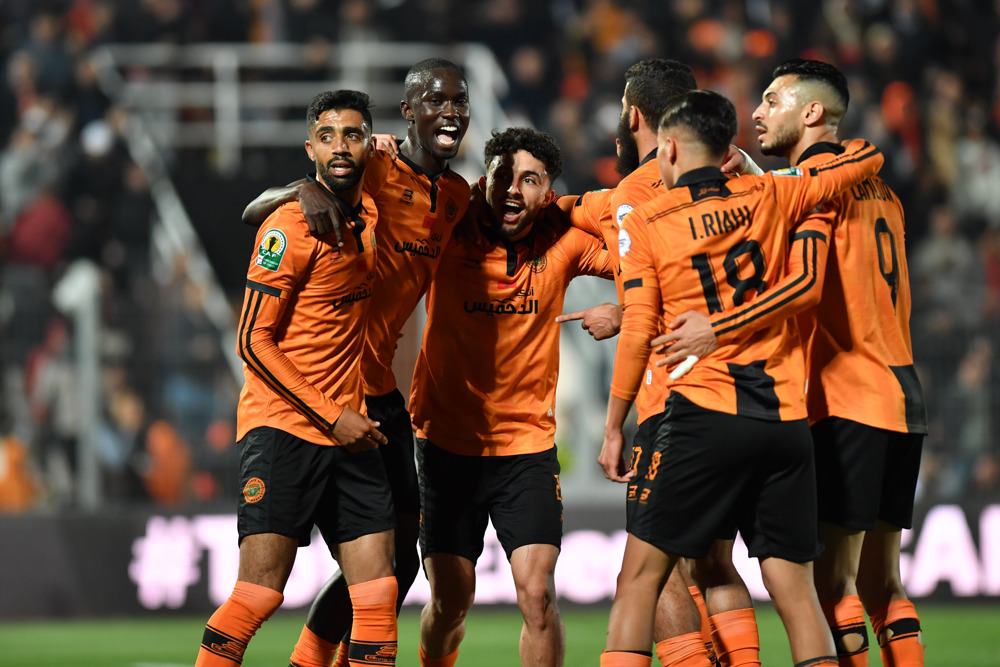
Why Berkane are always dangerous on a big night
Berkane’s edge lies in habits formed by repeated finals. The group understands the tempo of knockout football: slow the game at the right moments, tighten distances, punish opposition mistakes.
Their away poise is matched by relentlessness at neutral venues, where they lean on structure and set pieces to tilt small margins. It is a profile tailor-made for a one-off Super Cup.
Saturday’s meeting also carries narrative heft. The last time Berkane met Pyramids in a continental final they prevailed; now they face the Egyptian champions on Cairo soil with a chance to restate their credentials.
Expect Chaabani to keep distances compact, invite Pyramids into traffic and look for quick surges down the sides to service the striker and back-post runners. Game management, not volume of chances, will be the Berkane priority.
Club culture and pathway
Behind the first team, Berkane have invested quietly but steadily in local scouting across Morocco’s north-east and neighbouring countries.
The result is a multi-season core: leaders like Lamlioui, seasoned domestic performers, and hungry younger players introduced in targeted minutes. That continuity explains why Berkane rarely panic in tight contests and why they so often reach the business end of African tournaments.
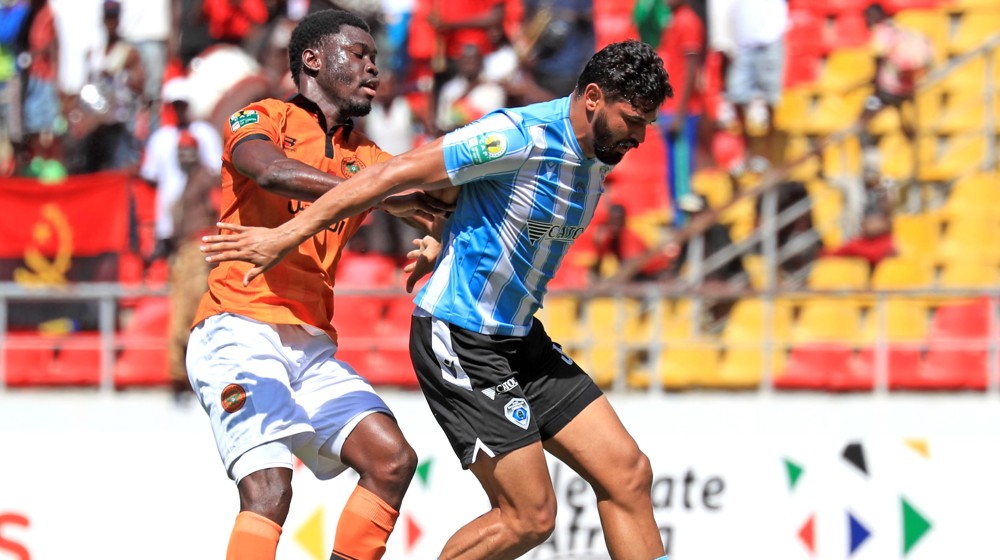
The assignment in Cairo
Pyramids arrive as Champions League holders and will command territory at home. Berkane bring know-how, a tested defensive block and a puncher’s instinct from restarts and breaks.
If the game becomes stretched, expect Chaaban to refresh the front line and lean on his centre-backs’ authority. If it stays tight, one set piece could decide it—precisely the terrain where Berkane thrive.
Whatever happens under the lights at the 30 June Stadium, RS Berkane’s status is clear: a modern Moroccan powerhouse built on clarity, cohesion and a ruthless streak when trophies are in reach.
Another Super Cup would only confirm what the last few years have shown—the Orange Boys are built for finals.
